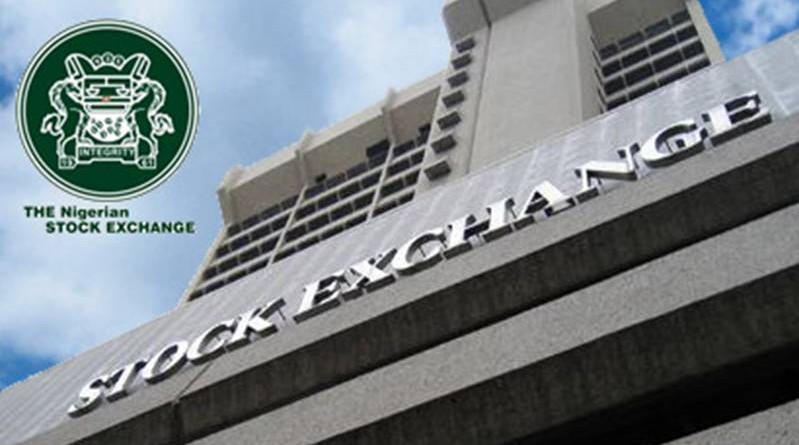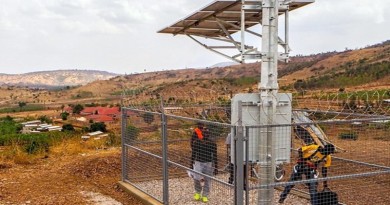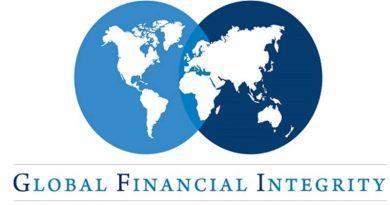NIGERIA: Banks’ investors lose N145bn in 13 days – Newtelegraph
Investors in banks quoted on the main board and premium board of the nation’s stock market reported a loss of about N145 billion in 13 trading session between July 31 and August 17, 2018, as the local bourse dropped into the bear market. The loss follows sustained sell offs despite fair earnings results, improvement in the Nigerian economy and gradual stability being recorded in foreign exchange.
Checks by New Telegraph revealed that the stock market recorded a loss of N535 billion or 4.7 per cent to close at N12.874 trillion in market capitalisation last Friday of August 17 as against opening figure of N13,409 trillion at the closing of trading on July 31.
Financial analysts linked apprehension over the upcoming 2019 general election as well as the cautious stand adopted by Foreign Portfolio Investors, FPIs and other domestic portfolio managers over the unfolding political events in the country as major factors for the sustained bear market.
Investors have also been discouraged by a political spat playing out before presidential elections slated for February next year that saw several lawmakers defect from the ruling party to the main opposition group and the intelligence services blockading National Assembly.
Reacting to the development, Managing Director/CEO, Cowry Asset Management, Mr. Johnson Chukwu, explained that there has been reluctance on the part of foreign portfolio investors to invest in equities since the beginning of the year.
He stated that the distribution of their (foreign investors) investment in first quarter, Q1, of the year indicated greater concentration in the short end of the market, which was the short-term treasury bills.
Chukwu said: “For the foreign portfolio investors, they feel that political risk has been fast-tracked. The initial expectation was that political risk will emerge in the last quarter of this year, but interestingly, given the challenges encountered by the leading party in their primaries, that has exacerbated the political risk.
“So, foreign investors are now wary of putting additional resources into the equities market given that at the periods of political or economic uncertainty, investors will move away from variable income assets to fixed income assets”.
Speaking on the outlook for the rest of the year, Chukwu said that the market would remain lukewarm for the remaining part of the year given the political environment.
“I suspect that the equities market will close negative given the level of political activity we are going to be witnessing in the next few months. The executive will shift attention from economic management; they will pay lot more attention to political activities and that will further dampen the enthusiasm of investors to take on variable income assets, which are equities. On balance, one will expect that the market will at best close neutral, but most likely, it will close negative.”
Analysts at Vetiva said: “We expect to see some policy support from the recently passed 2018 Budget (20th of June), though the imminent 2019 elections may complicate its effect. Indeed, we expect elections to dominate near-term activities, with election spending boosting the economy through government and consumer spending, but also inducing greater inflationary pressure.
“The latter effect underpins our view that monetary policy status quo will persist until the elections. Impending elections are also likely to induce greater economic uncertainty and distract policy and governance at the tail-end of the year, neither of which is positive for confidence or investment. In terms of electoral activities, we do not anticipate any unusual changes to peace and stability, even as we expect militant activity to increase ahead of the 2019 polls.”
NEWTELEGRAPH




